
Medical
You’ve volunteered. You get good grades. You’ve shadowed doctors. You’ve done everything you can to ... Read more
Written by: Marissa Sutera
Published on: November 21, 2014

Medical School
“Knowing yourself is the beginning of all wisdom.” – Aristotle Even at the time, I ... Read more
Written by: Megan Riddle
Published on: November 17, 2014
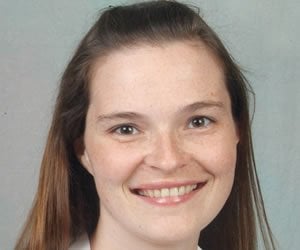
Veterinarian Q&A
Deborah Elaine Linder, DVM, is a board certified veterinary nutritionist and a research assistant professor ... Read more
Written by: Juliet Farmer
Published on: November 7, 2014
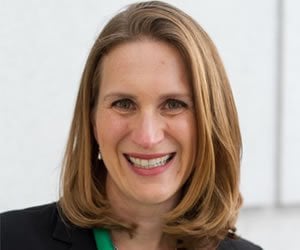
Physician Q&A
Dr. Judy Melinek is a board-certified forensic pathologist in San Francisco, CEO of PathologyExpert Inc., ... Read more
Written by: Juliet Farmer
Published on: October 22, 2014

Medical School
Choosing a field of medicine is likely the most important decision a medical student will ... Read more
Written by: Mimi Knoll
Published on: October 13, 2014

Physician Q&A
Kornelia Polyak shares her thoughts on the field of medical oncology and offers some advice for students.
Written by: Juliet Farmer
Published on: October 12, 2014

Pre-Medical
Earning a medical school admissions interview is a significant accomplishment. Many programs adhere to rigorous ... Read more
Written by: Anubodh “Sunny” Varshney
Published on: October 8, 2014

Medical School
Studying medicine at English-taught medical schools overseas could provide good opportunities for some students.
Written by: Moshe Cohen
Published on: September 29, 2014

Money
Avoid common business mistakes to make a smooth transition to private practice.
Written by: Kristen Gramigna
Published on: September 26, 2014

Medical School
When medicine burns you out, find strength in remembering why you're there.
Written by: Jarna Shah
Published on: September 24, 2014
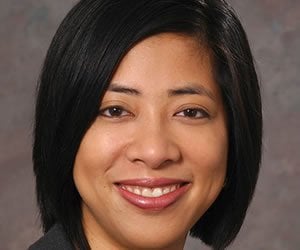
Physician Q&A
Jennifer H. Yang shares her thoughts on the field of urology and offers some advice for students.
Written by: Juliet Farmer
Published on: September 12, 2014

Pre-Medical
Keep these things in mind this year to help you prepare for your medical school application process.
Written by: AAMC Staff
Published on: September 3, 2014

Pre-Health
Strong interview preparation allows you to give meaningful thought to what qualities you bring to the table and why you might be a good fit for a particular school.
Written by: Deborah Gutman, MD, MPH
Published on: August 25, 2014

Medical School
A look at a day in the life of a third year student and what the clinical rotations experience entails.
Written by: Alex Cole
Published on: August 20, 2014

Medical School
A look at a day in the life of a third year student and what the clinical rotations experience entails.
Written by: Alex Cole
Published on: August 18, 2014

Pre-Medical
Early assurance programs (EAPs) allow dedicated students to apply to to medical school early, sometimes without taking the MCAT.
Written by: Deborah Gutman, MD, MPH
Published on: August 4, 2014

Medical School
Don't be surprised if your medical school experience changes the idea of the future you had envisioned for yourself.
Written by: Farah Kahn
Published on: July 30, 2014
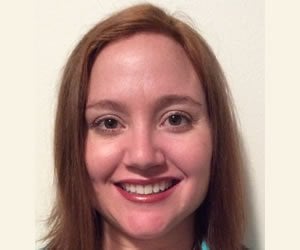
Pharmacist Q&A
Karla Turney shares her thoughts on the field of pharmacy and offers some advice for students.
Written by: Juliet Farmer
Published on: July 18, 2014
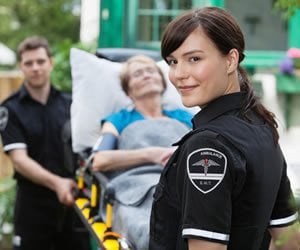
Pre-Health
There are a number of ways you can gain clinical experience for your medical school application while earning money at the same time.
Written by: Deborah Gutman, MD, MPH
Published on: July 14, 2014

















